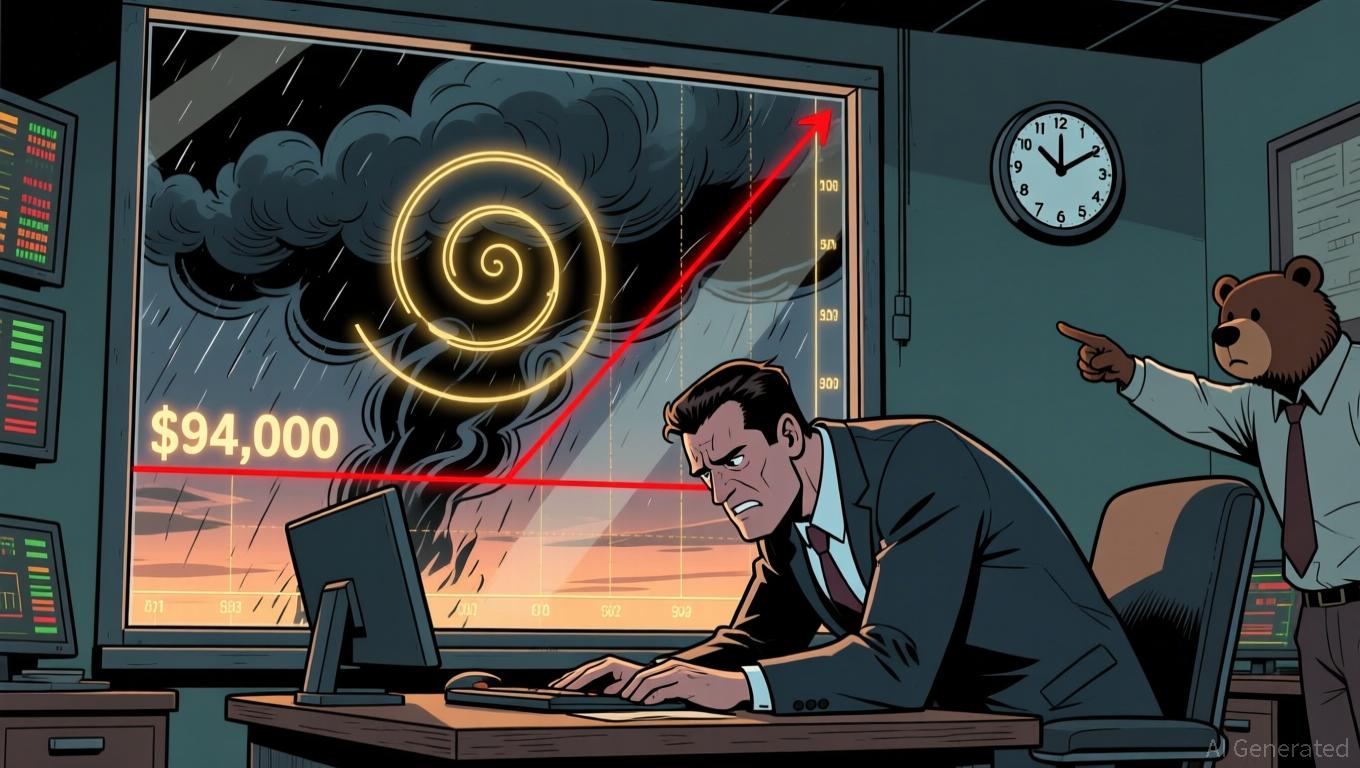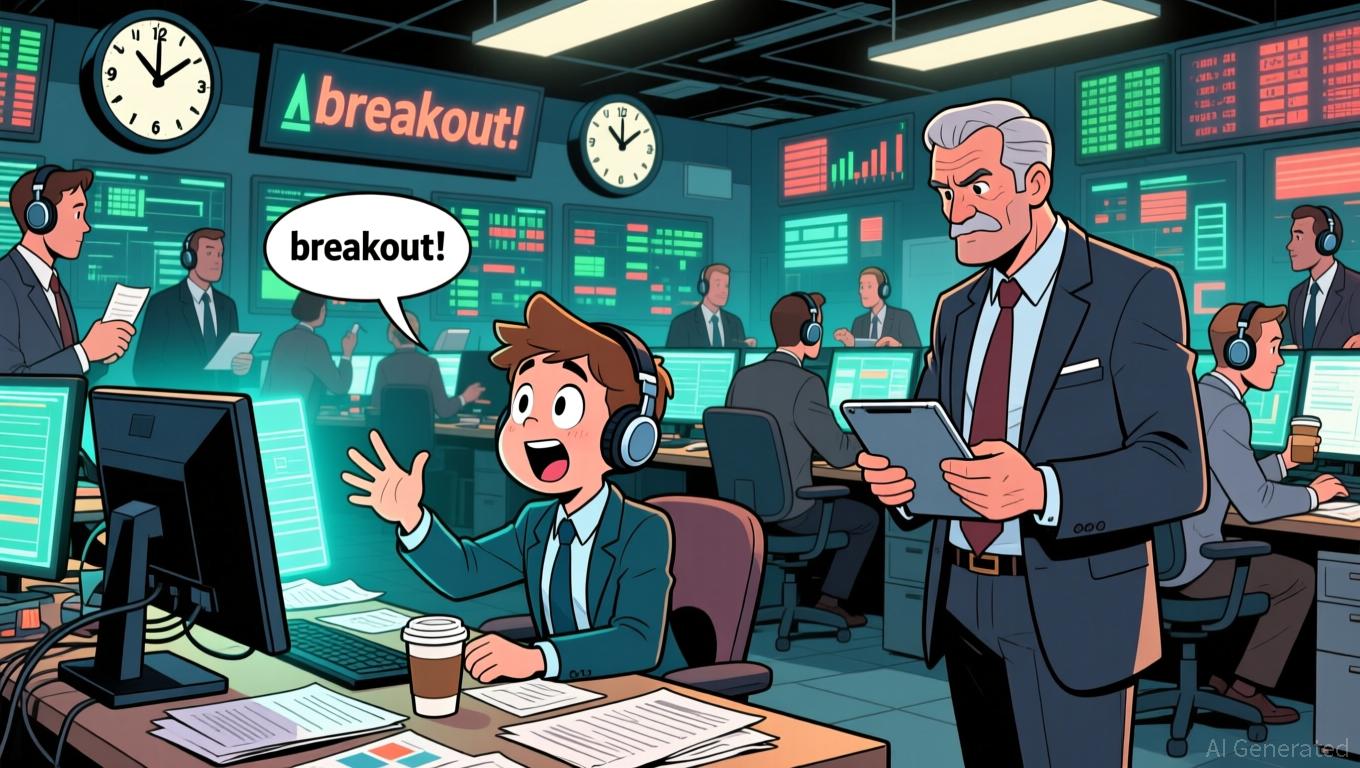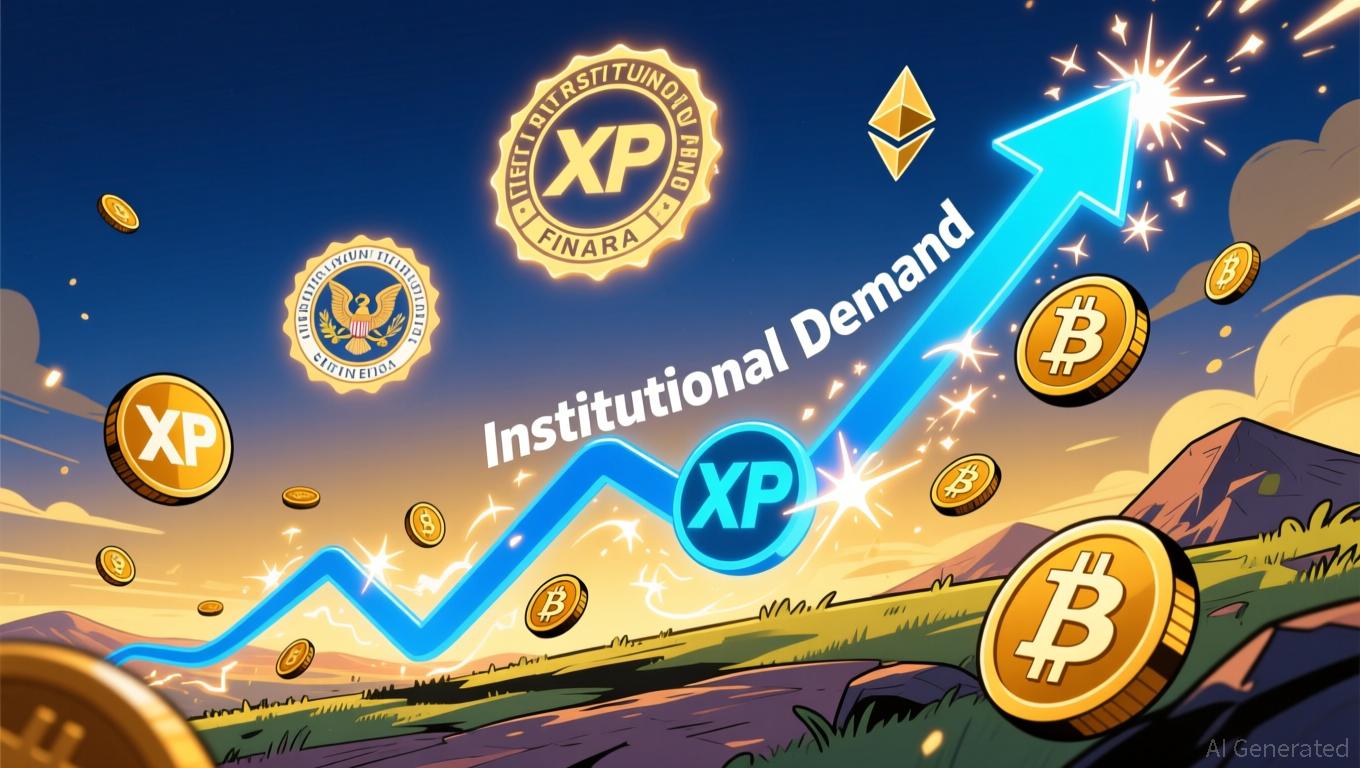Upexi CSO Explains Why the Next Wave of Corporate Finance Is Moving On-Chain
Tokenized assets and modern blockchain rails are reshaping corporate finance, with institutions accelerating on-chain adoption and Solana gaining momentum as a preferred platform for next-generation financial infrastructure.
Blockchain infrastructure has matured significantly over the past years, and its effects are now extending far beyond decentralized finance (DeFi).
According to Brian Rudick, Chief Strategy Officer at Upexi, the next wave of corporate finance will unfold on-chain as companies increasingly adopt the technology.
Corporate Finance Is Moving On-Chain
In an exclusive interview with BeInCrypto, Rudick highlighted the rapid rise of tokenized real-world assets (RWAs) as one of the clearest indicators that corporate finance is shifting into blockchain-based environments.
He pointed to one headline number: around $36 billion worth of RWAs are now tokenized on blockchains — a figure that has surged 160% in the past year alone. These include private credit, US Treasuries, commodities, alternative investment funds, and equities.
“We’re also seeing large finance and tech incumbents experimenting with blockchain technology more and more,” he said
Notably, this experimentation is quickly turning into a real deployment in 2025. Several major institutions have moved to active blockchain-based development.
SWIFT, for example, is building a shared real-time ledger connecting more than 30 global banks. Google Cloud has introduced the Universal Ledger (GCUL), a neutral Layer-1 blockchain designed specifically for banks and capital markets.
Meanwhile, companies like Citigroup, Mastercard, and Visa are already offering, or preparing to offer, blockchain-powered products to their customers.
“We expect this to accelerate if and when the US passes digital asset market structure legislation,” Rudick added.
Blockchain’s Real Impact Lies in Replacing Old Rails
When it comes to “on-chain corporate finance,” it could mean things like: a company putting its balance sheet on a blockchain, doing mergers and acquisitions using tokens, or raising money with tokenized assets.
But in Rudick’s opinion, this is not where blockchain will have the biggest impact right now. He believes the biggest opportunity is not forcing every corporate finance task, such as financial planning and analysis, onto blockchains.
Instead, it lies in replacing the outdated infrastructure that underpins modern finance. He said that,
“The opportunity for blockchain technology to revolutionize traditional finance is much more around reimagining our currently antiquated financial rails – items like ACH or the credit card issuer networks that were created 50+ years ago and are slow and expensive.”
Rudick argued that although on-chain fundraising can provide advantages such as broader investor access, the full digitization of corporate finance will still lag due to two key factors:
“1) the perhaps larger and more immediate benefits of new financial rails like near-instant and free payments with stablecoins, compared to the current corporate finance construct that works comparatively well, and 2) less burdensome and already-defined regulations within certain areas items like stablecoin payments compared to less defined rules for onchain capital raising.”
Despite this, Rudick noted that tokenized assets already mirror the behavior CFOs care about: cash flow, liquidity, and yield.
“There are some nuances, where, for example, it may take time for onchain liquidity to build, but where liquidity can also be offered outside of traditional market hours. As finance moves more fully onchain, the benefits will outweigh the early challenges,” he disclosed to BeInCrypto.
Why Solana Emerges as a Leading Ecosystem for On-Chain Finance
When asked which ecosystems are best positioned to support this emerging on-chain financial layer, the executive pointed decisively to Solana. Rudick, who oversees Upexi’s cryptocurrency strategy — one of the leading Solana-focused treasury companies — cited several factors behind his assessment.
“Solana is the natural home for onchain finance, given its leading speed, cost, reliability, and as it is purpose built exactly for this. In fact, Solana’s North Star is what it calls Internet Capital Markets, where all the world’s assets trade on the same liquidity venue, accessible 24/7 to anyone with an internet connection,” he commented.
Rudick emphasized that major financial institutions, including FiServ, Western Union, Société Générale, PayPal, Visa, Franklin Templeton, BlackRock, Apollo, and many others, are increasingly using Solana to bring finance on-chain and capture its benefits.
Disclaimer: The content of this article solely reflects the author's opinion and does not represent the platform in any capacity. This article is not intended to serve as a reference for making investment decisions.
You may also like
Bitcoin News Today: Is Bitcoin’s $94,000 Level a Temporary Mid-Cycle Halt or an Indication of Capitulation?
- Bitcoin fell below $100,000, intensifying focus on the $94,000 support level as technical models suggest potential decline to $86,000 if this threshold breaks. - Institutional selling and ETF outflows ($870M in one day) highlight waning demand, compounded by a strong dollar index (DXY 99.58) and bearish on-chain data. - Market sentiment deteriorated (Fear & Greed Index at 16), with put options trading at premiums and altcoins like Ethereum mirroring Bitcoin’s weakness. - Analysts remain divided: some vie

Ethereum Updates Today: Investors Manage AI and Crypto Profits Amid Market Fluctuations and Regulatory Ambiguity
- BigBear .ai surged 19% premarket after Q3 results and acquiring Ask Sage, boosting secure AI revenue potential. - Rocket Lab rose 9.6% on 48% revenue growth but faces Neutron rocket delays and valuation concerns. - GameSquare and American Bitcoin highlighted crypto resilience, while Ethereum fell below $3,100 amid ETF outflows. - Market volatility persists as AI, space, and crypto sectors balance growth opportunities with regulatory risks.
Ethereum News Update: As Solana Slows Down, Investors Turn Attention to XRP and Ethereum
- Solana (SOL) price drops near $164 as derivatives market wanes, with open interest halving to $7.72B, signaling retail investor retreat. - XRP's ETF gains $58M in volume, leveraging traditional finance ties to outperform Solana-focused funds. - Ethereum (ETH) treasuries rise via staking and DeFi, with ETHZilla and BTCS boosting holdings for yield generation. - Blockchain firms like Figure and GameSquare expand Ethereum's appeal through asset tokenization and Web3 strategies. - MoonLake's securities fraud

XRP News Today: SEC Gives Green Light to XRP ETF, Signaling a Major Regulatory Milestone for Cryptocurrency
- SEC approves first XRP ETF (XRPC) by Canary Capital, marking regulatory milestone for Ripple after years of legal scrutiny. - XRP surged 12% post-approval as institutional demand grows, with projected $5B inflows and 0.5% management fee. - ETF aligns with new SEC rules for commodity-based funds, accelerating XRP's potential normalization in traditional portfolios. - Institutional custodians and partners like Gemini and U.S. Bancorp support the fund, mirroring Bitcoin/Ethereum ETF success trajectories. -

